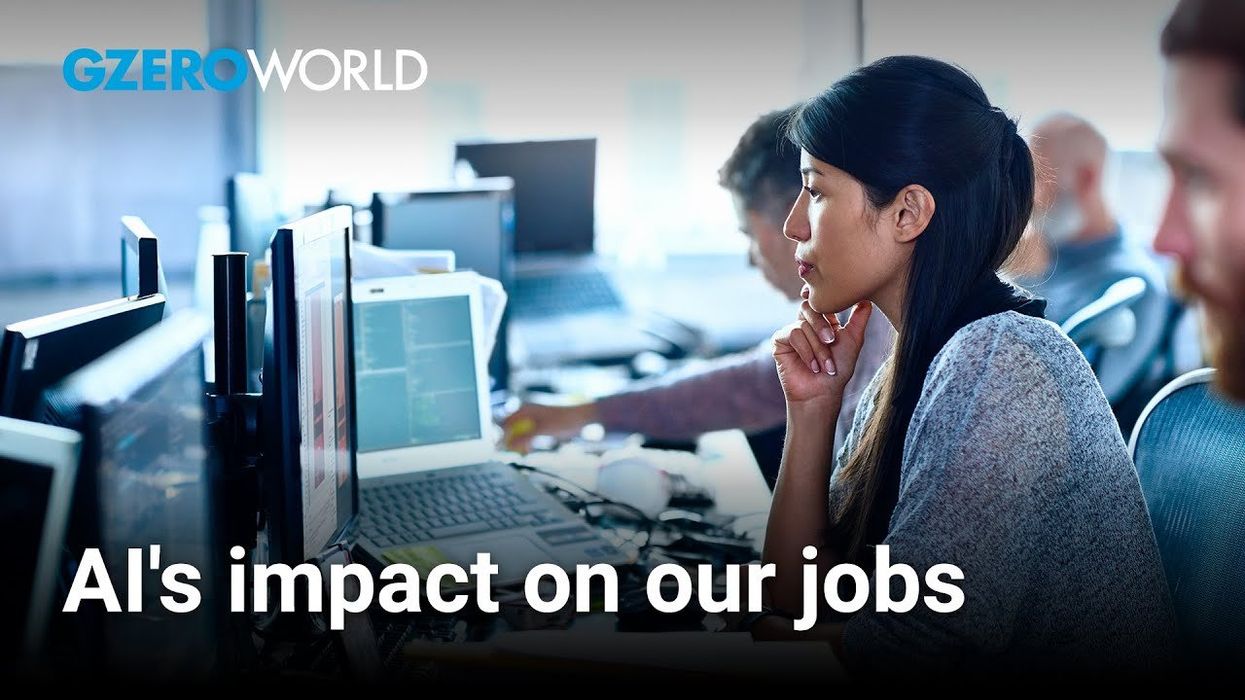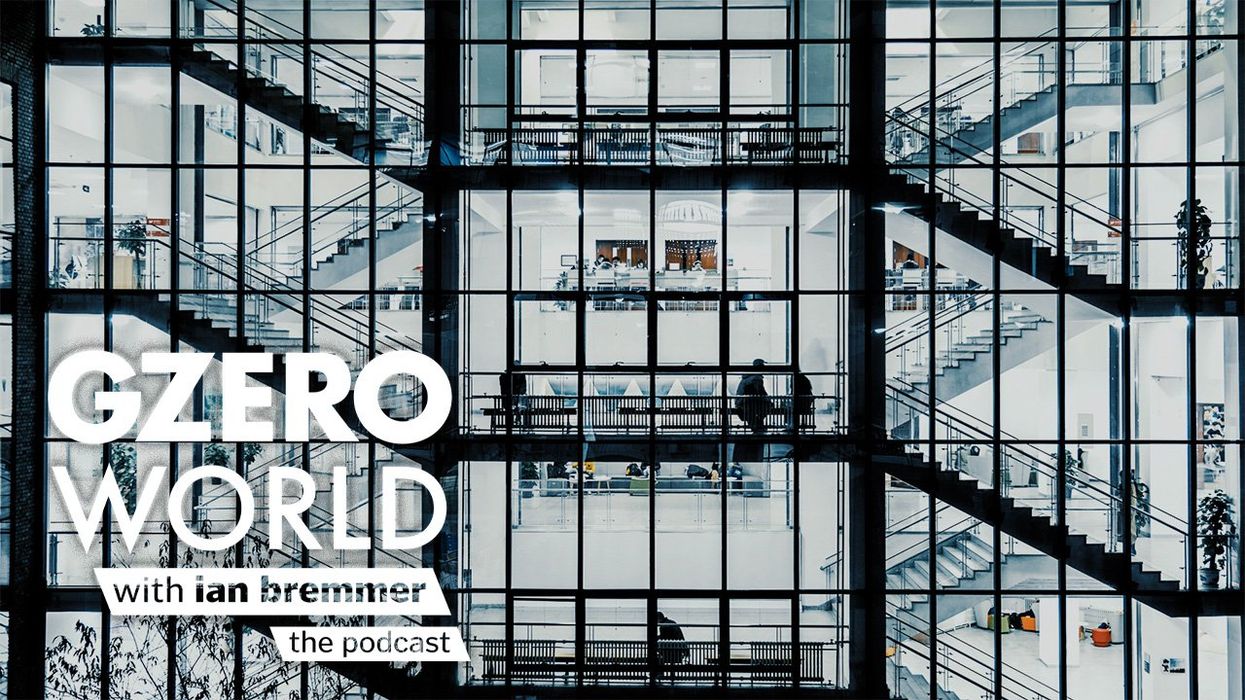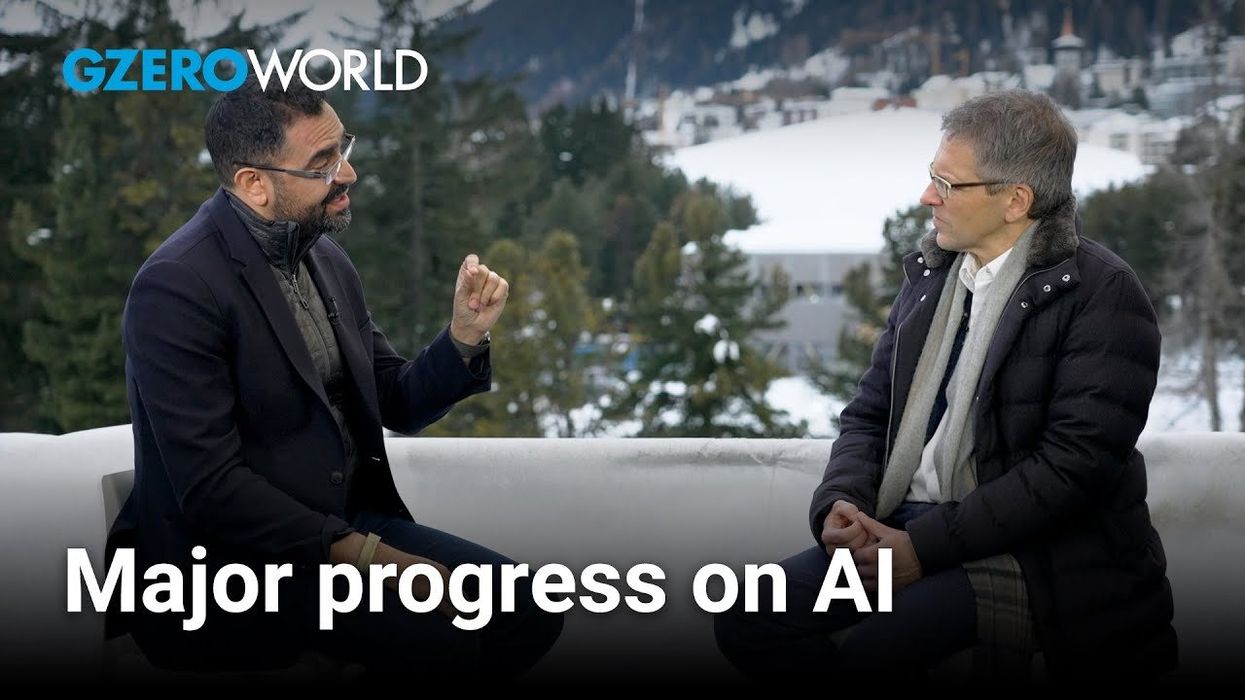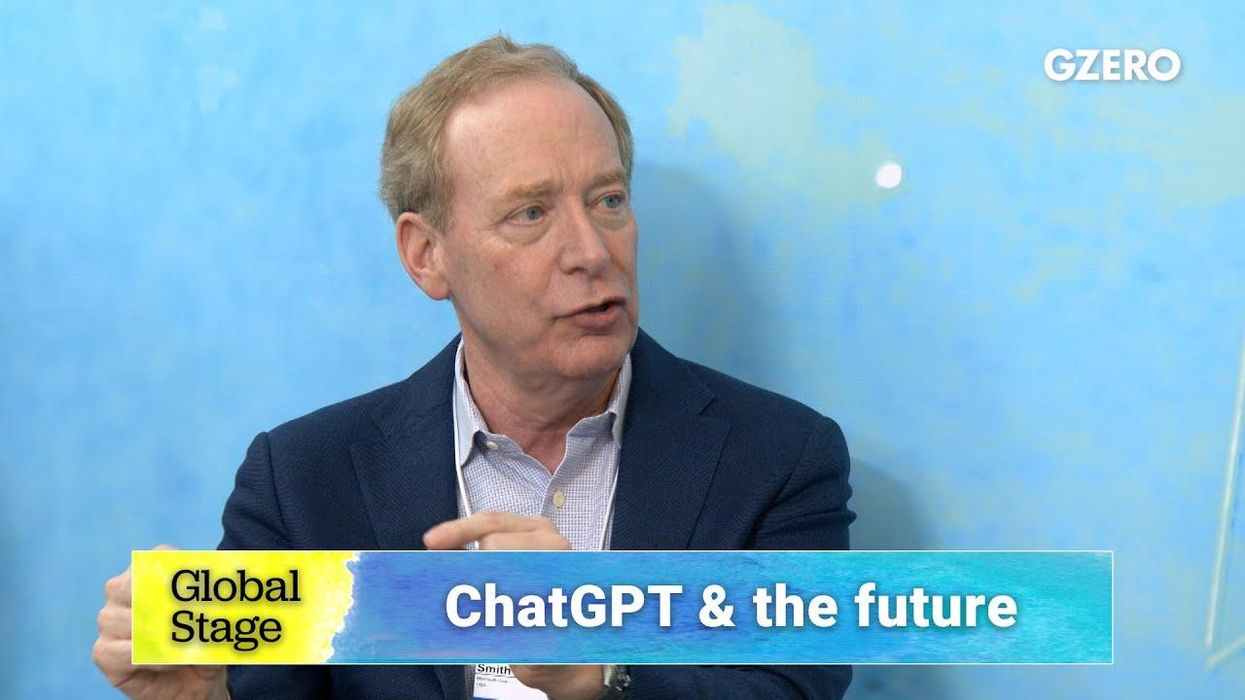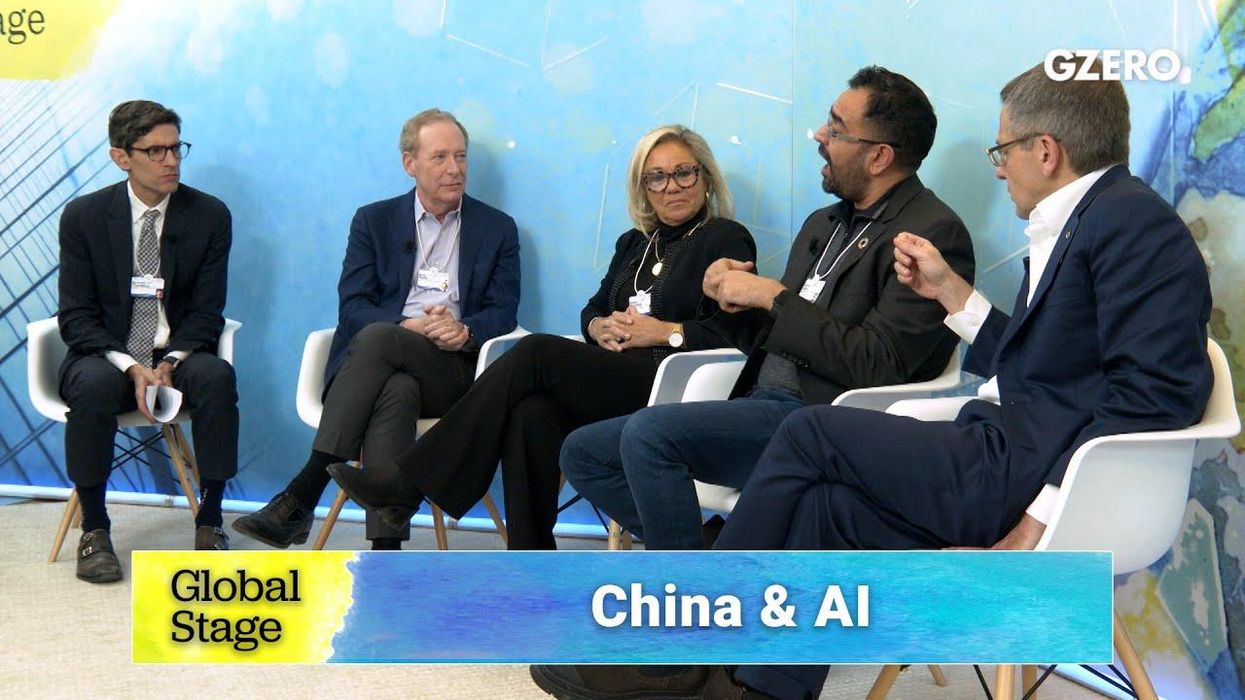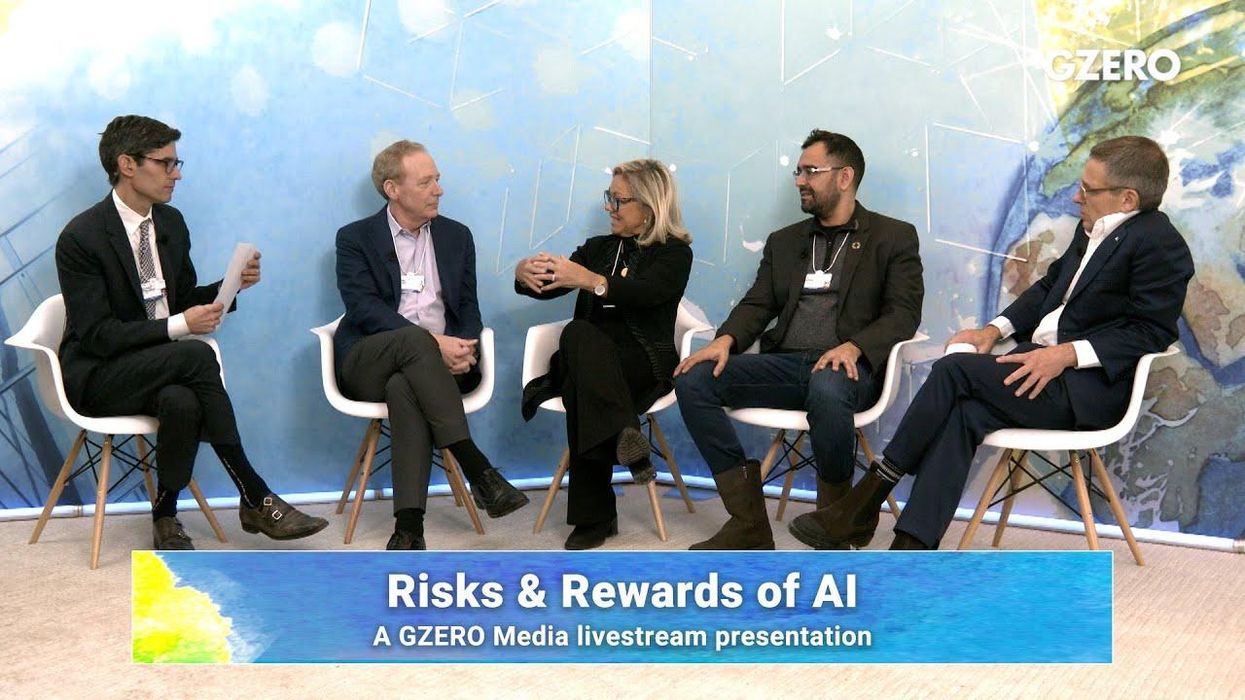GZERO World Clips
How OpenAI CEO Sam Altman became the most influential voice in tech
OpenAI CEO Sam Altman has become the poster child for AI, but it's difficult to understand his motivations.
Feb 08, 2024

